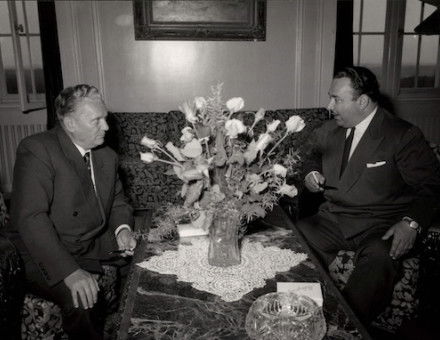Roman Britain to Anglo-Saxon England
End or beginning? Catherine Hills discusses how recent archaeology is filling in the gaps in our knowledge of 5th-and 6th-century Britain, fuelling the debate about just how important marauding invaders were to the changes that followed the legion's departure.
It has recently been claimed that any discussion of the end of Roman Britain and the arrival of the Anglo-Saxons says more about its author than about the period in question. This may surprise those who know the straightforward traditional view of events. Around 410 AD the Roman army sailed away from Britain to defend a crumbling empire, leaving the incompetent Britons to be overrun (despite heroic efforts by leaders such as Arthur) by hordes of marauding Anglo-Saxons from across the North Sea. Survivors fled westwards, to lurk in Welsh mountains or even emigrate to Brittany, while in the east the English nation was forged from the immigrant Germanic tribes. This version has, after all, the authority of antiquity since it is the story told by Gildas, a cleric who wrote, probably in south-western Britain, at some time during the sixth century.





